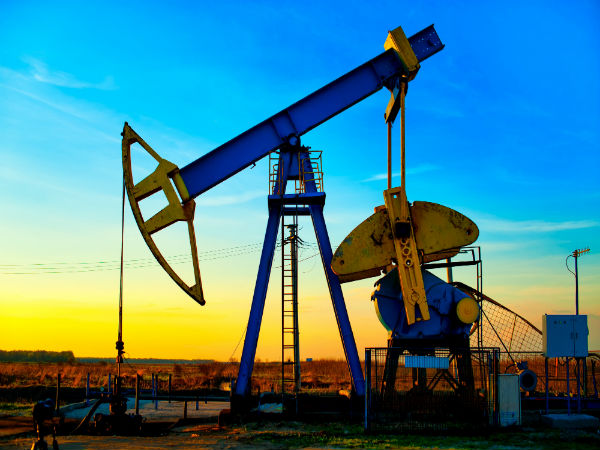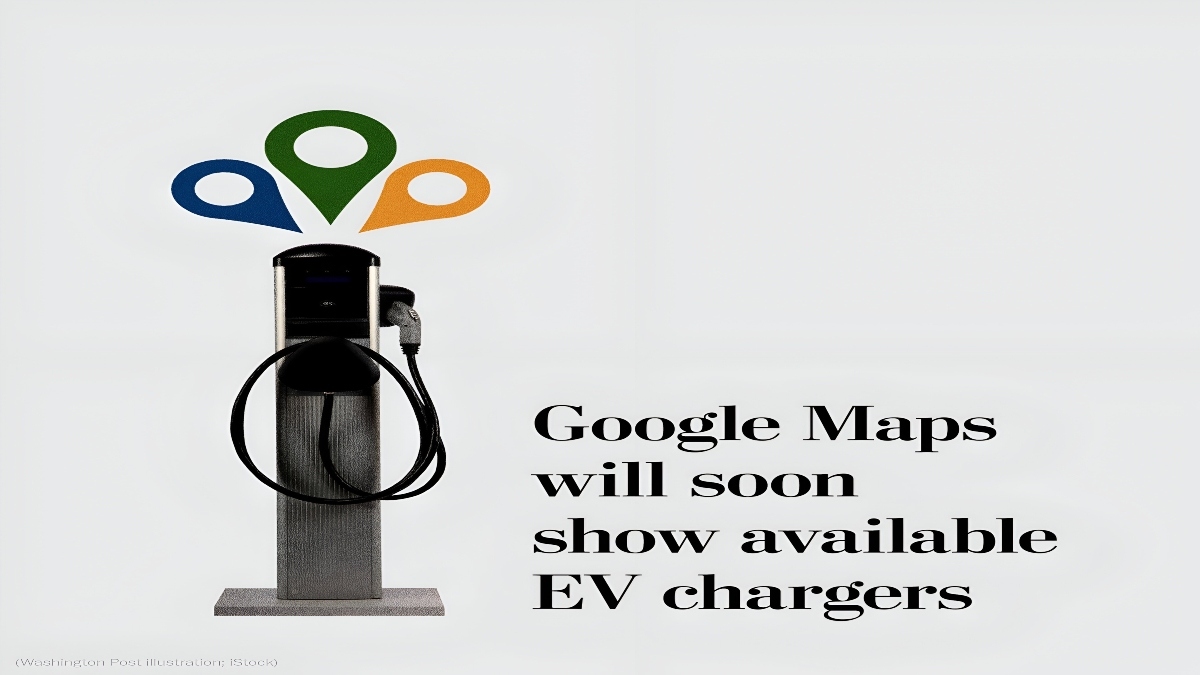Oil On A Boil; What It Means For India's Macros?
Due to the sudden surge in diesel and petrol prices, the nation is staring at a higher trade deficit, a higher current account deficit, rising inflation and higher interest rates.
The 3 key factors that highly impact domestic oil prices are as follows:
1. Global crude prices
2. Exchange rates
3. Domestic taxes
Interestingly, at least two of the above factors are playing out, including rise in crude oil above $80 per barrel mark and a sharp drop in the Indian rupee. In fact, the Indian currency has now fallen below the 68 mark, against the US dollar.

1) Impact on economic growth
A $10 increase in oil prices has the potential to reduce economic growth by 0.2 to 0.3 per cent. We have already seen an increase of $15 per barrel for crude from $65 per barrel to $80 per barrel.
Notably, the recent surge in petrol and diesel is worse as it continued to move higher for ten straight days, following the Karnataka elections. It has now touched Rs 76.87, in New Delhi, which is way above the record of Rs 74.10 hit during the month of September 2013.
2) Current account deficit
Rising petrol and diesel prices is likely to push the Current Account Deficit (CAD) way above the 2 per cent mark. In fact, the falling rupee is going to aggravate the situation even further, pushing the CAD only higher.
The current account deficit stands for the measure of the country's trade wherein the value of goods and services it imports exceeds the value of the goods and services it exports on an annual basis. The CAD narrowed to 0.7 percent of GDP in 2016-17 from 1.1 percent in 2015-16 on the back of the contraction in the trade deficit.
3) Rise in inflation
Costly fuel is likely to result in inflation. In the Month of April 2018, we saw CPI inflation hit 4.58 per cent, as against estimates of 4.4 per cent. A sharp increase in petrol prices and diesel prices will result in further increase in inflation.
A further rally in petrol prices, will fuel inflation even further. Remember, that increase in diesel prices, could lead to higher transportation costs, which could lead to higher costs of fruits, vegetable, frozen products and other FMCG products.
4) A gradual increase in interest rates
For the first time in many years, we are looking at the possibility of a rise in interest rates. It is likely that the Monetary Policy Committee, will hike interest rates either in June 2018 or in August 2018.
An increase in petrol and diesel, has an impact on inflation, which tends to spur inflation. This in turn is also not good news for the stock markets, which fall when interest rates rise.
Conclusion
In short, a rise in petrol and diesel prices can reduce economic growth, increase inflation, push interest rates higher and also increase the current account deficit.































